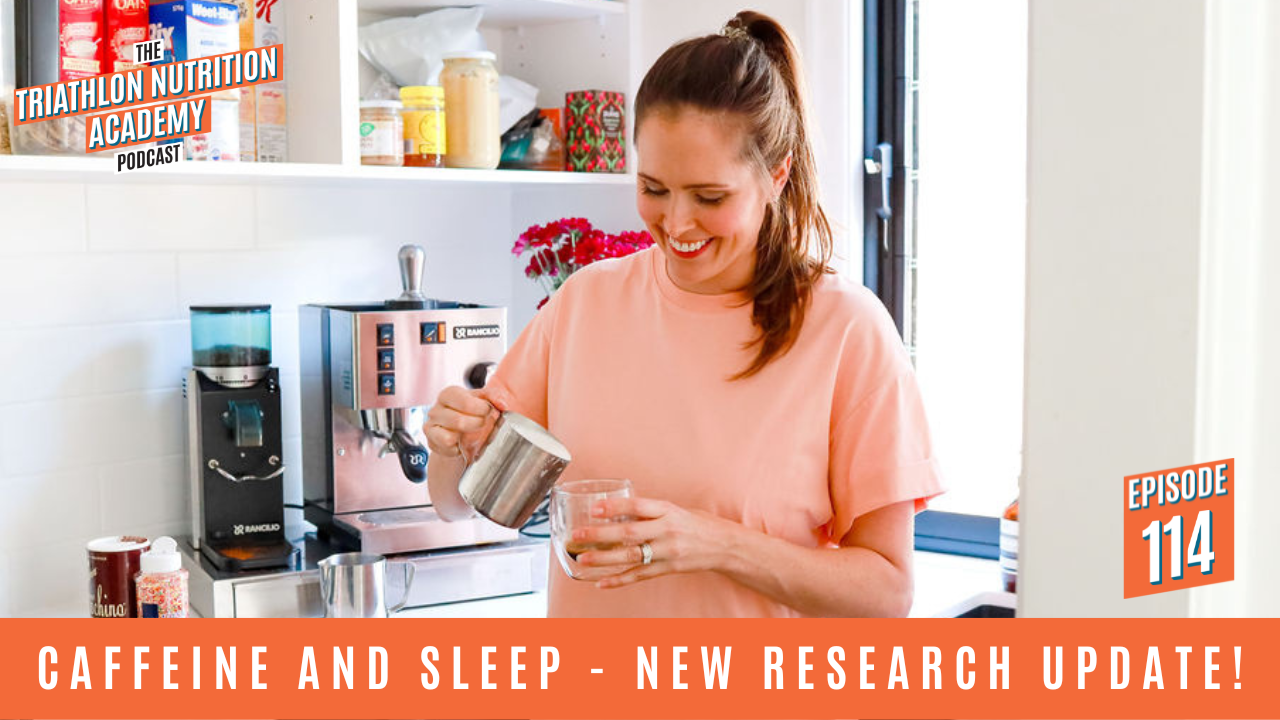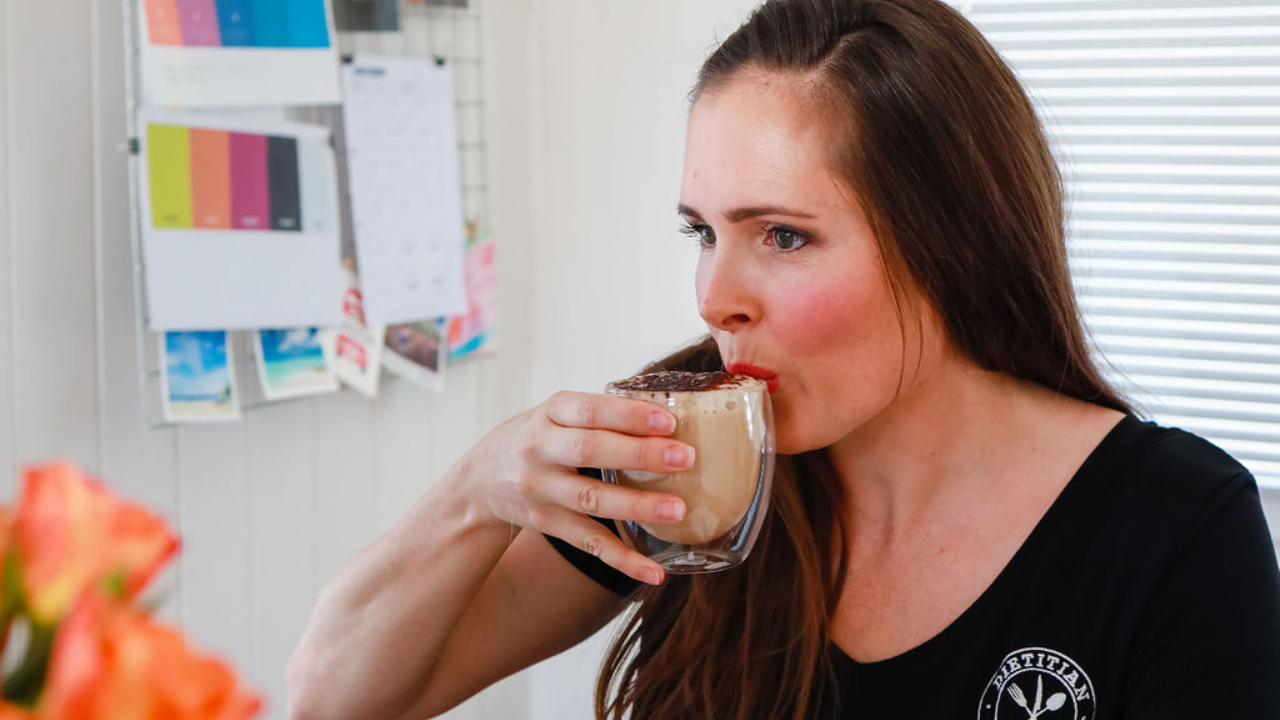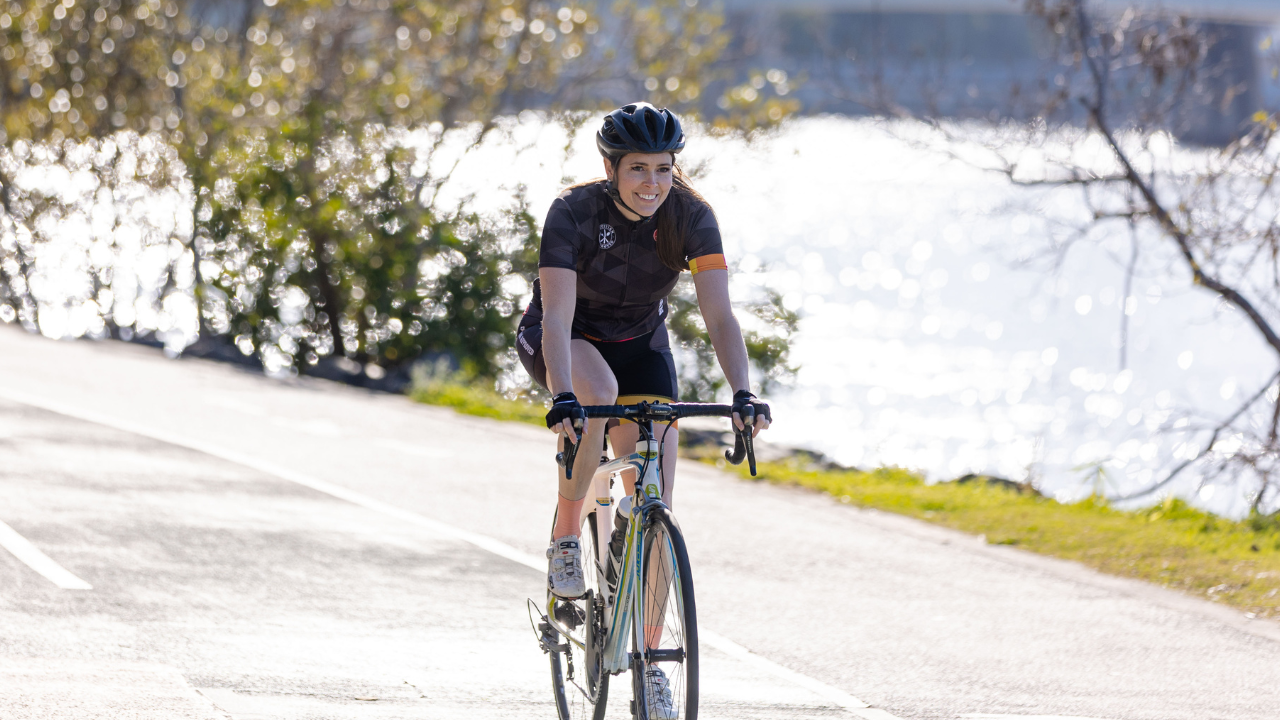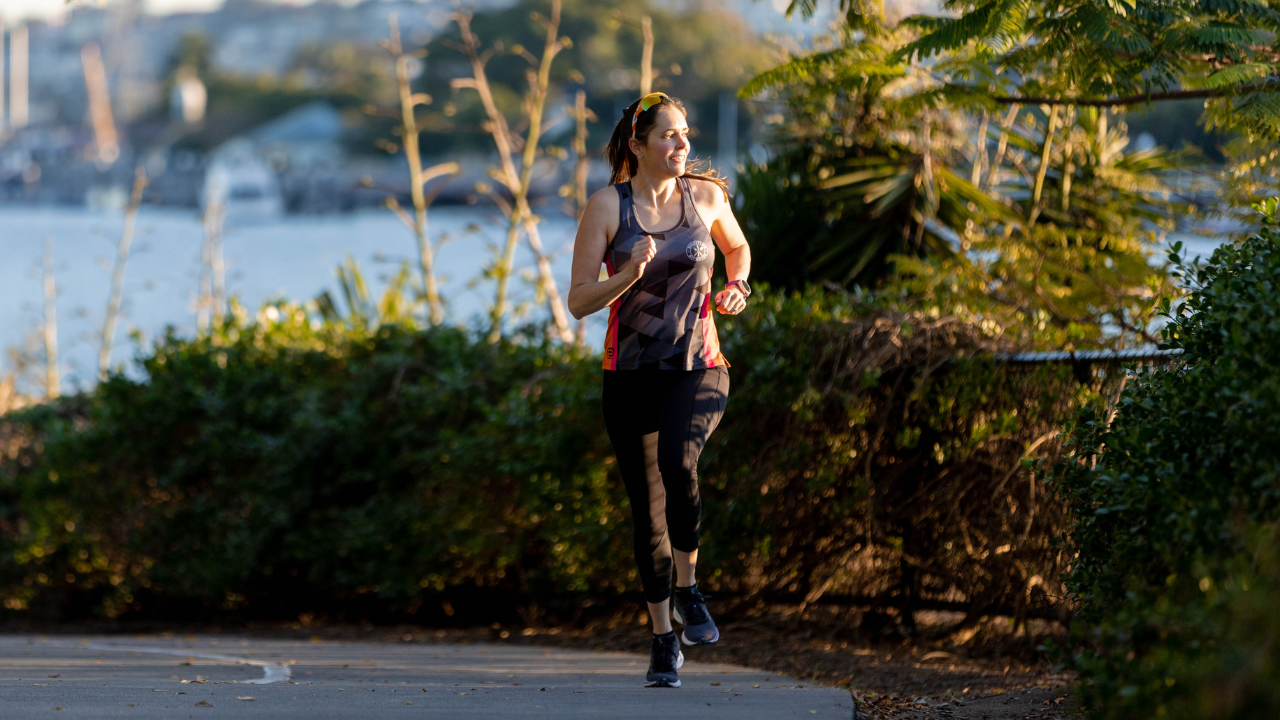Caffeine and Sleep - New Research Update!

Feeling sluggish, sore, and slow lately? Your training may not be the problem - your sleep is.
Hitting the pillow at night is when the real gains happen. Quality sleep powers muscle repair, brain function, immunity and so much more. No other recovery tool compares. But in our chronically tired world, sleep is often the first thing we sacrifice.
Up to 45% of adults skimp on sleep. But cheating your zzz's comes at a serious cost.
Even mild sleep loss impairs focus, coordination, metabolism, and emotional health. Insufficient rest increases illness, and injury risk and kills workout quality.

So how much sleep do active folks really need? Despite the badge of honor for "surviving" on minimal sleep, most adults need 7-9 hours per night. Growing teens and hard training athletes often require even more – up to 12 hours.
Assess your current sleep by tracking time spent in bed and rest quality for a week. If you fall short of your needs, it's time to take action.
Here are three key ways to maximise your sleep and performance:
Cut Off Caffeine Earlier
Coffee, tea, pre workouts - caffeine is entwined in an active lifestyle.
But it’s also one of the biggest sleep saboteurs. Caffeine reduces total sleep time, efficiency, and depth of rest.
For a good night's sleep, ensure you consume caffeine at least 8.8 hours before bedtime.
High doses of caffeine in pre-workout supplements should be consumed at least 13.2 hours before sleep. Lower doses (like in a weak black coffee) may have a milder effect on sleep.

Optimise Sleep Hygiene
Just getting in bed early isn’t enough.
You need to set your sleep schedule and environment up for success.
Stick to consistent bed/wake times that allow for your sleep needs.
Avoid screens, big meals, and stressful tasks before bed.
Keep your room cool, dark, and distraction free and stablish a relaxing pre-bed routine.

Fuel Rest and Recovery
What you eat and drink impacts sleep too. Refuel well after exercise and don’t go to bed hungry.
Include carbs for serotonin production and proteins to repair muscle.
Tart cherry juice boosts melatonin.
Avoid alcohol and heavy foods which can impair sleep.
Hydrate well during the day so nighttime bathroom trips don’t interrupt sleep.

Prioritising sleep allows you to perform at your best in training and life.
It takes dedication and discipline to carve out time for adequate rest. But the boost to your mental and physical health is well worth it. The hours spent sleeping are when you truly grow stronger.
Make sleep a priority, not a luxury.
Consistent restful nights will take your performance to the next level.
If you're serious about optimising your nutrition and performance, head to dietitianapproved.com/academy to learn more about Triathlon Nutrition Academy.
To dive deeper, listen to the Triathlon Nutrition Academy Podcast, EP 114 - Caffeine and Sleep - New Research Update!
If you are interested in learning more about the Triathlon Nutrition Academy Program and what it can do for you, head HERE to learn more.




